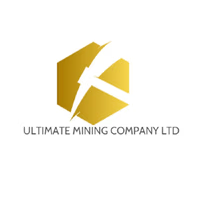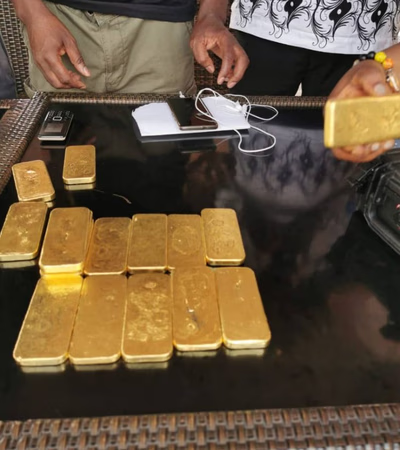Ghana is a West African country with a mixed economy that relies on both traditional sectors such as agriculture and modern industries like mining, energy, and telecommunications. As one of the most politically stable countries in Africa, Ghana has made significant strides in economic development since its transition to democracy in the early 1990s. The country`s economy is primarily driven by natural resources, particularly gold, cocoa, and oil, making it an important player in the global commodities market. Gold and cocoa are among Ghana’s largest exports, while crude oil, recently discovered in large quantities, is becoming an increasingly important part of the economy. The country is also focused on diversifying its economy, with sectors such as information technology, renewable energy, and manufacturing growing.
Ghana`s trade relations are diverse, with major export markets in Europe, North America, and Asia, and imports sourced from countries like China, the United States, and India. The country maintains a fairly liberal trade regime, and there has been a consistent push to attract foreign direct investment (FDI) by improving infrastructure, reducing trade barriers, and modernizing the financial sector. The Ghana Investment Promotion Centre (GIPC) plays an active role in this, providing incentives for investors and promoting Ghana as a gateway to the West African market, thanks to its strategic position in the region.
Regarding trade with the Middle East and West Asia, Ghana’s interactions have increased in recent years, especially with countries such as the UAE, Turkey, and Saudi Arabia. These relationships focus mainly on trade in goods such as oil, gold, and agricultural products. The UAE is one of Ghana`s significant trading partners in the Middle East, with imports including machinery, chemicals, and electronics, and exports from Ghana to the UAE predominantly consisting of gold and cocoa. Turkey is another emerging partner, involved in construction, energy projects, and manufacturing sectors. Ghana`s expanding oil production has also caught the interest of countries like Saudi Arabia, opening opportunities for further energy cooperation and investment.
Financially, Ghana’s banking and monetary systems are evolving, with the Bank of Ghana acting as the central regulator. The country has a growing fintech sector, which is helping modernize its financial services and expand access to banking for both businesses and individuals. While Ghana’s currency, the cedi, can be volatile, the government has made efforts to stabilize the macroeconomic environment through fiscal policies and development programs. Despite challenges like inflation and external debt, the financial sector remains relatively robust, with ongoing reforms to support trade and investment growth.
-
 Ultimate Mining Company Ltd 6 days ago
Ultimate Mining Company Ltd 6 days ago Ghana
Gold Dore Bars
Ghana
Gold Dore Bars
OUR PRODUCT DESCRIPTION:Commodity: Gold Dore BarsOrigin: Ghana / Burkina FasoPrice: 58,000 USD per kgPurity: 93%Karat: 22Quantity: 100MTProduct Histor...Details

